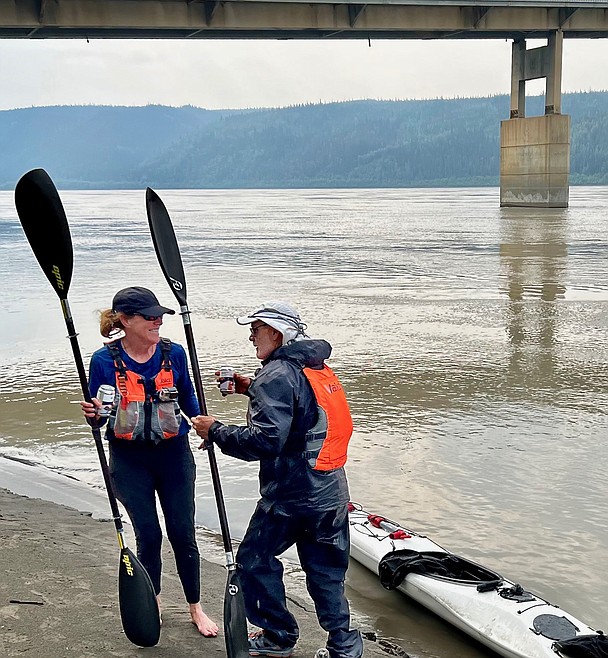Kirk and Friedman prove it’s never too late to achieve your goals
BONNERS FERRY — It’s never too late to achieve your goals and live in the moment. Julie Kirk, 61, and Josh Friedman, 60, of the Bonners Ferry kayaking duo Team Spirit of America prove just that....
Become a Subscriber!
You have read all of your free articles this month. Select a plan below to start your subscription today.
Already a subscriber? Login



